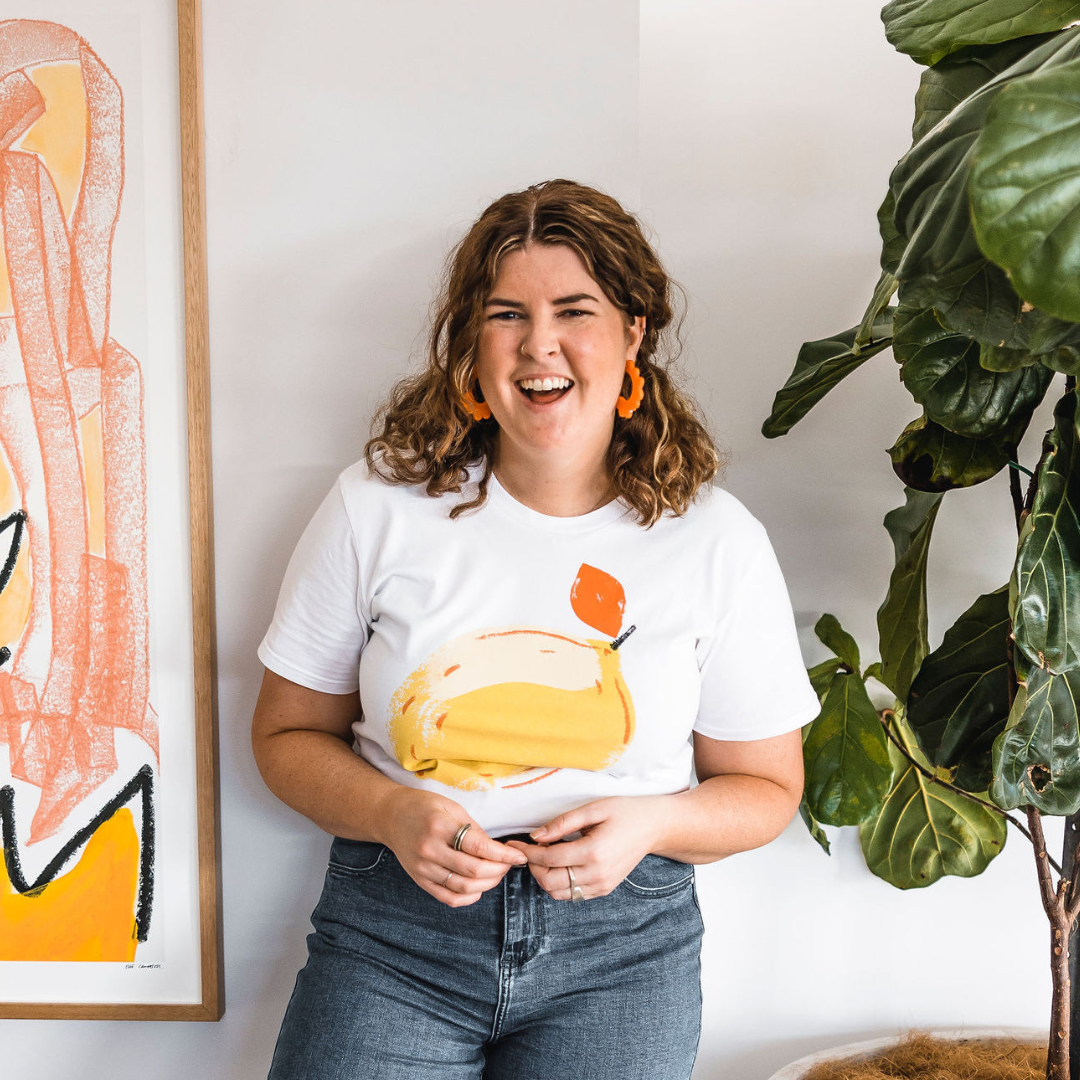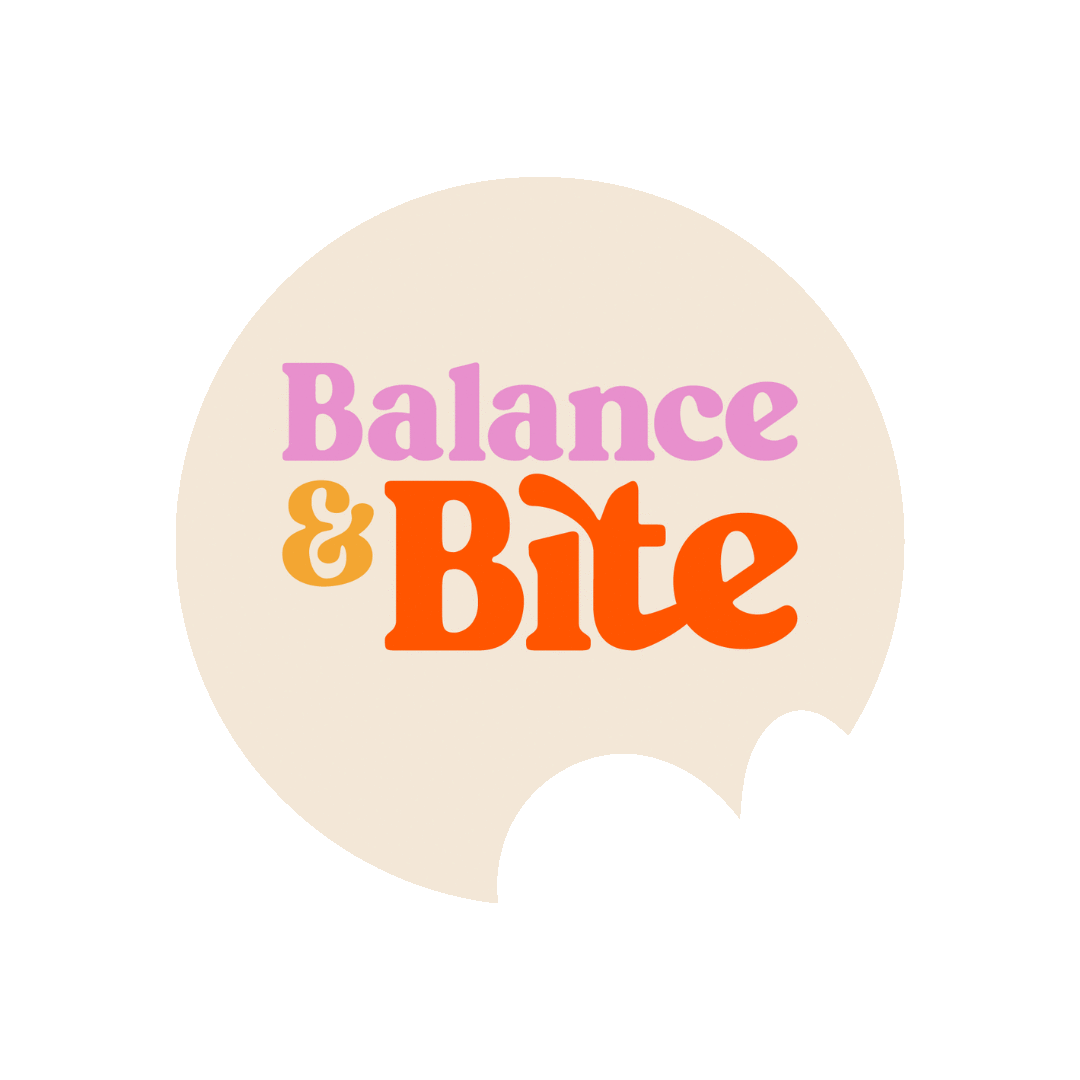As we start to discover the harms of dieting, why diets don’t work in the long term and why it’s so hard to stick to a diet, it’s becoming increasingly common for us to question diets and break free of their allure. And while it’s a natural choice to want to move towards food freedom and body acceptance, it’s unfortunately not as simple as putting the diet books away and moving on with your life.
Even with the best intentions, we can feel stuck between wanting to stop dieting and not letting go of all it offers us. So I’m often left asking, if we know diets don’t work, why do we keep doing them?
In this article, I’ll explore and unpack the most common reasons I see day in and day out that make it incredibly hard for people to stop dieting. To help you understand why you’re feeling so stuck and why it’s normal to flip between the two desires of weight loss and food freedom.


10 reasons it can feel impossible to stop dieting!
Before we can move away from often a lifetime of food restriction, we need to unpack why we’re dieting in the first place and acknowledge how hard it is to break free of the diet safety net! These are the most common reasons making it hard for people to let go of dieting.
1. Societal expectations
One of the most common reasons for dieting, besides its promise to fix all our problems, is creating a sense of belonging. Dieting is so widely accepted (even celebrated) that if we aren’t partaking, we can feel socially isolated when we can no longer participate in the diet, food restriction or body hatred conversations. This can make it hard to let go of dieting as, at the end of the day, we just want to fit in and feel safe in the world. Dieting can offer us that sense of belonging, safety and external validation.
2. Diet culture
In essence, diet culture perpetuates our societal expectations by promoting food restriction, thin obsession, food and body morality, and anti-fat rhetoric by showing up everywhere. From the doctor’s office to movies and TV to the supermarket and social media, diet culture is pervasive and almost impossible to escape, making us question our decision to stop dieting.
3. Internalised weight stigma/fear of weight gain
In this anti-fat society, it’s normal to fear weight gain or living in a larger body. We’re conditioned to believe being in a larger body is wrong, unhealthy and something we should avoid at all costs. We’re taught that dieting is the antidote to being fat and the best way to “control” our weight. But even if we start to unpack this and learn these things are so harmful and untrue, we’ve often internalised this weight stigma making it hard to let go of the safety dieting offers us in thinking it can control our body size.
4. FOMO
If we have a workplace, family or friendship group where dieting is regularly discussed with a sense of morality or superiority, there can be a sense of FOMO (fear of missing out) if we decide to stop dieting.
5. Health fearmongering
With the o*sity epidemic dominating the narrative around bodies and health for the past 30 years, we’ve been conditioned to think larger bodies equal unhealthy bodies. However, this is simply untrue. While there’s an *association* between ill health and higher weight, this is not *causation*. In other words, not everyone in a larger body is unhealthy. Just as not everyone with a smaller body is healthy. However, because we’ve been taught to think a smaller body is a healthier body, and to achieve a smaller body, we must diet; it can take time to challenge and reframe these beliefs.
6. A sense of control
When everything is out of our control, for example, if we have kids, family responsibilities, insane work schedules, or little time for ourselves, focusing on food or counting calories and macros can offer a sense of control.
7. Uncertainty/familiarity
All people want in life is to seek pleasure and avoid pain. Because we’re familiar with dieting, it can feel more pleasurable and less painful than the uncertainty and unfamiliarity of navigating the non-diet world.
In other words, breaking free of diet culture and the diet industry takes a lot of bravery, courage and effort.
8. All-or-nothing thinking
Because we live in an all-or-nothing world, and dieting is so associated with control, health and maintaining our weight, there can be the idea that on the other side, the non-diet side, we’ll be unhealthy, out of control and gain weight.
We may have also always yo-yo’ed between restriction and overeating, making us think that if we stop restricting through dieting, we’ll end up overeating forever. While it’s understandable to feel like this, the non-diet approach aims to find a happy medium, the sweet spot or grey around between this all-or-nothing thinking.
9. Losing our sense of self
If we’ve dieted for a long time, we may have developed a sense of identity around dieting and pursuing weight loss. That idea of losing part of ourselves can feel incredibly scary. The fear of “who will I be without dieting” can be too confronting for some people to let go of what they’ve always known or done.
10. Diet industry & Billion $$$ marketing
Taking a step back from the harm they cause the dieting industry marketing is actually incredibly impressive. They create products that don’t work in the long term, tell us they do, get us to buy them and then make us feel like we’re the ones who have failed or done it wrong when it inevitably doesn’t work – oh, and we’re ready to line up and buy from them again when they release the next best thing.
Why does it work? Because they know about the other nine (plus many more) reasons keeping us stuck in the dieting mindset. They also make dieting look easy, exciting and wrap everything up in a shiny bow!


Why this information is so important
What I see a lot in my clinic is people beating themselves up for not being able to stop dieting even though they know it’s not helping them. Understanding the safety (although not actual safety) diets appear to give us can help us shift the blame away from ourselves, find self-compassion and take our time to transition away from this pattern of behaviours we’ve had for so long.
Want help breaking free of diets?
You may have noticed a theme of fear showing up in these common reasons; that’s why this work takes a lot of bravery. There are a lot of unknowns and ingrained beliefs, and it can be confronting to unpack our past (often traumatic) lived experience of dieting.
If you’re ready to break free of diets once and for all but need support getting over the first (and hardest) hurdle, get in touch. At Balance and Bite, we offer 1:1 online consultations tailored to your individual needs and challenges.
Not ready for 1:1 support?
Here are some other articles you may find useful


Erin’s an Accredited Practising Dietitian & Certified Intuitive Eating Counsellor. She uses a non-diet approach and weight-inclusive care to help her clients reclaim a healthy relationship with food and their bodies free of guilt, shame and restriction.










View comments
+ Leave a comment